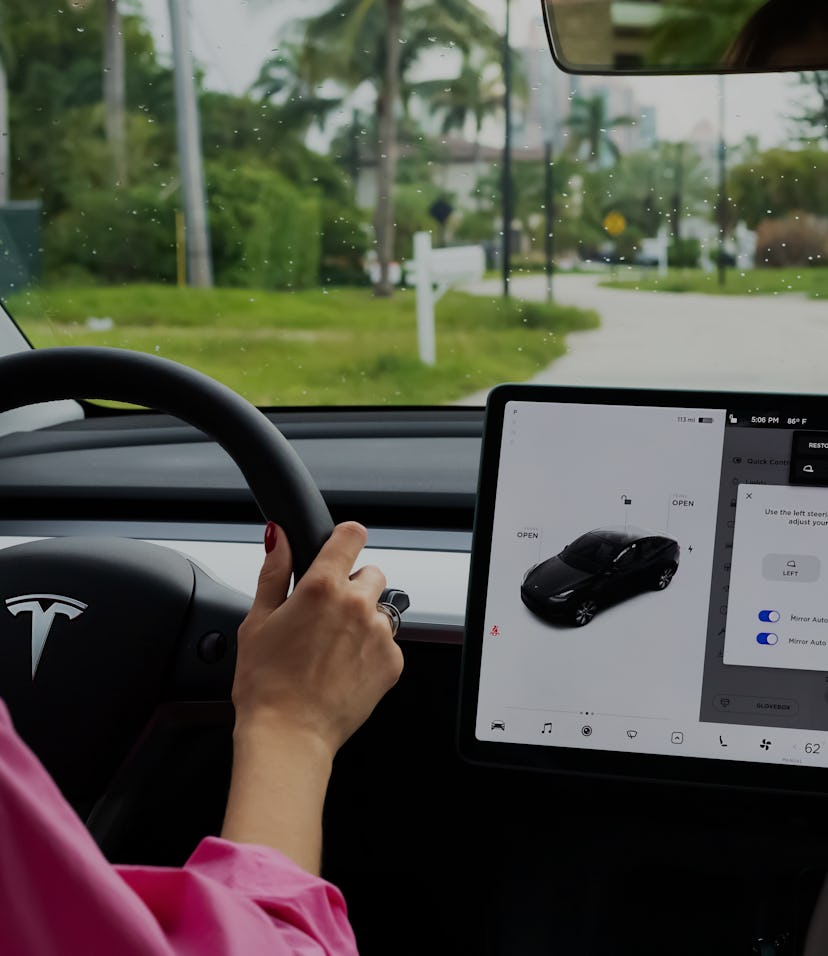This is Fine
Hundreds more Tesla owners have reported random braking on the road
More than 750 official complaints about the issue have been filed with U.S. regulatory agencies.

As if its other Tesla investigations weren’t concerning enough, the National Highway Traffic Safety Administration (NHTSA) has now revealed that hundreds of Tesla owners say their vehicles are suddenly stopping for no reason at all. More than 750 official complaints have been filed with U.S. safety regulators regarding the issue.
The NHTSA wrote Tesla a 14-page letter regarding these complaints; the company has until June 20 to respond, though it’s also allowed to ask for an extension if need be.
This “phantom braking” problem has been seen mostly in the Model 3 and the Model Y, with the 2021 and 2022 models under the most scrutiny. Documents from the U.S. Department of Transportation showed in February that 356 complaints had been filed about the problem.
More info, please — Though we already knew this to be an extensive issue for recent Tesla vehicles, this letter makes it clear the problem is even worse than we originally imagined. The NHTSA says more than 750 people total have reported braking issues, more than twice February’s estimates. Many say they worry about rear-ending someone on the highway.
The NHTSA’s letter requests information on phantom braking warranty claims, including owners’ names and repair details. They essentially want Tesla to provide a full assessment of the problem, especially in relation to Autopilot, Tesla’s driver-assist program.
Beyond the braking problem, the NHTSA also wants Tesla to send over a significant amount of information on how its sensors work, including details on how each vehicle’s camera manages inclement weather and other sightline issues.
Where’s the breaking point? — Autopilot, and, more broadly, Tesla’s suite of Full Self-Driving software, has become the object of intense scrutiny for regulators like the NHTSA. And for good reason — Autopilot is regularly harming drivers more than it is helping them. And by “harming” we mean “killing.”
It’s notable that, despite Autopilot’s many, well-documented issues, Tesla CEO Elon Musk continues to push forward with his goal of having Teslas fully drive themselves. The Full Self-Driving beta is more trouble than it’s worth at every turn, and Musk is still pushing Tesla to release new versions of it at unsustainable speeds.
You might think Tesla would slow down its autonomous driving operations in the face of such controversy. But this is Elon Musk we’re talking about; the man will choose to argue with regulators rather than listen to their advice any day.